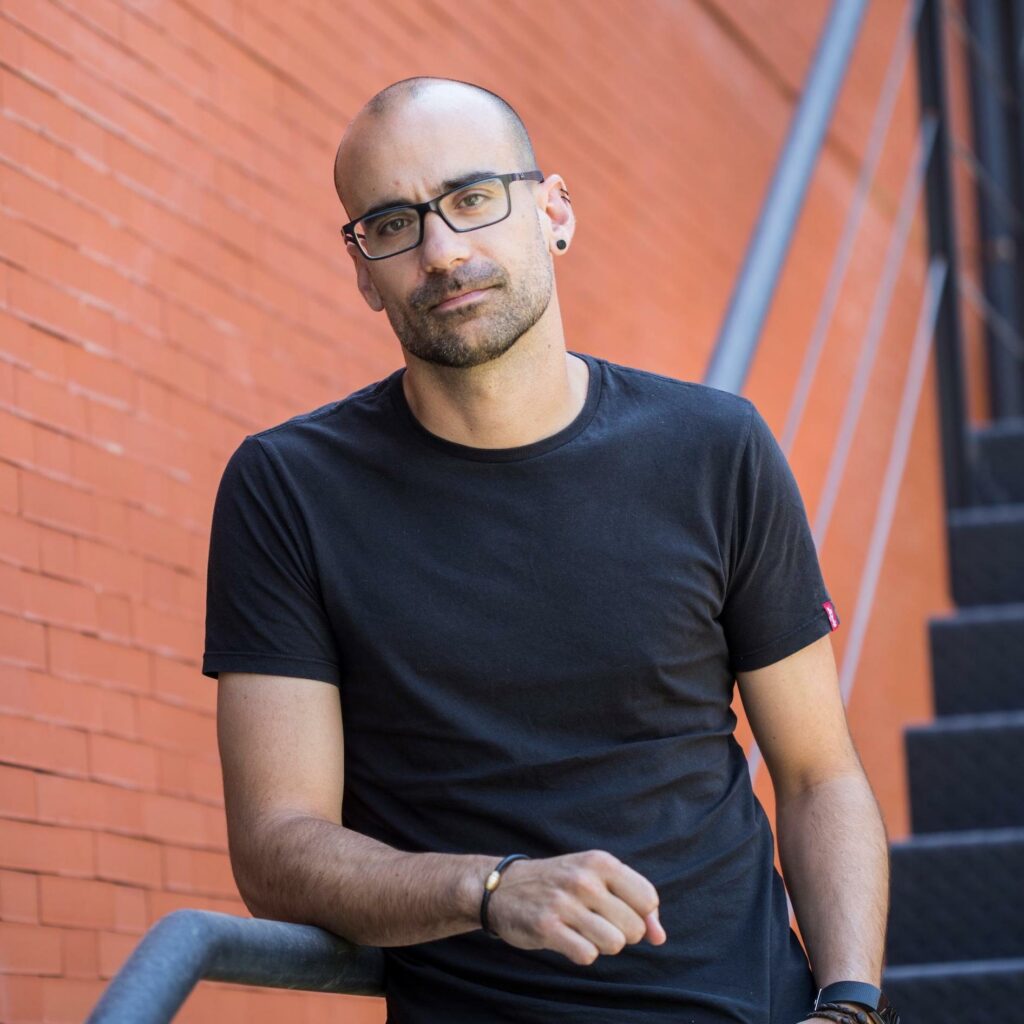
Pau is an Associate Professor at the Cavanilles Institute for Biodiversity and Evolutionary Biology. I am interested in the evolution and function of behaviour, and in the role that behaviour plays as a spearhead of evolutionary change. Currently, our main line of research is on biotic and abiotic factors modulating the intensity of sexual selection and sexual conflict, and its consequences in terms of population viability and adaptation.
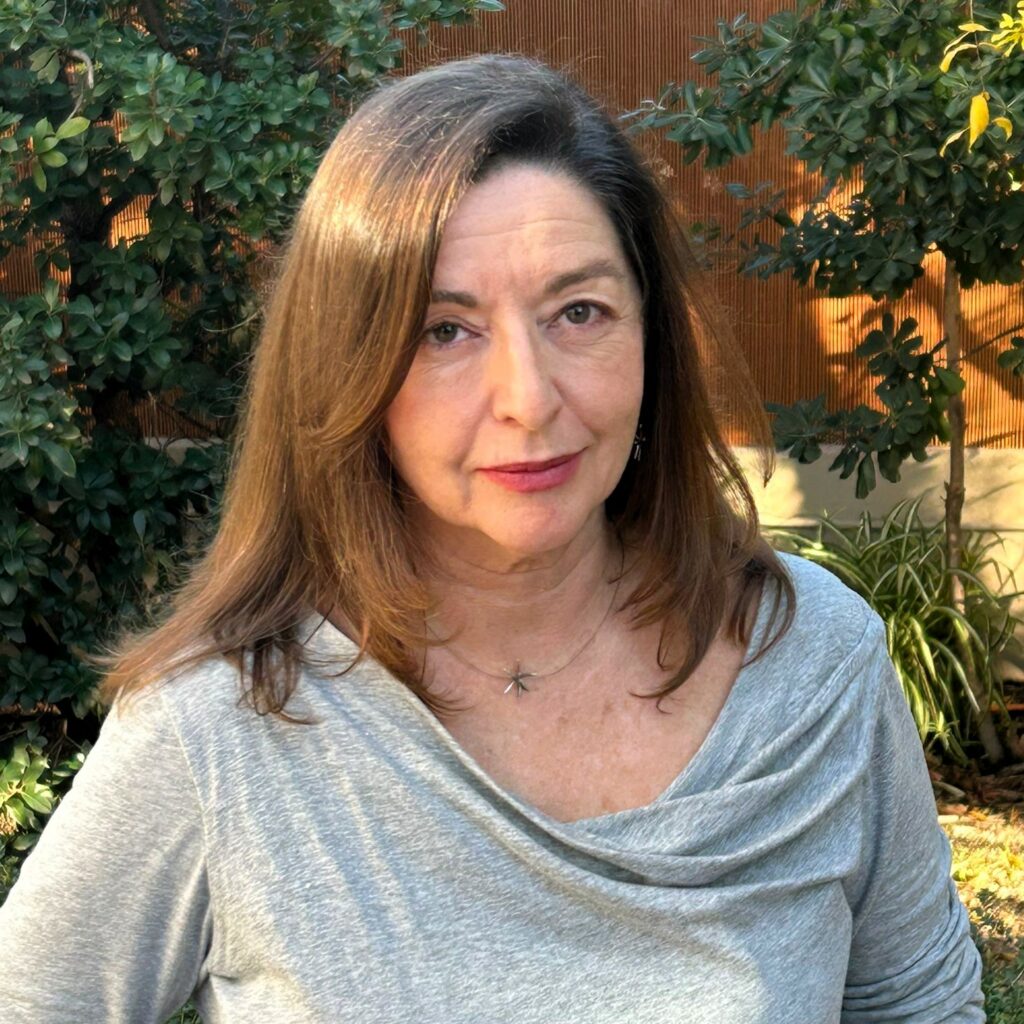
María José is full professor and senior research evolutionary ecologist at the Cavanilles Institute for Biodiversity and Evolutionary Biology. Her research focusses on the evolutionary ecology of zooplankton, with a particular emphasis on rotifers. She has conducted extensive studies on the ecological and evolutionary dynamics of rotifers, including the identification of cryptic species, niche differentiation, genetic diversity within and between populations, and the mechanisms and strategies underlying sexual reproduction and diapause. Her work also explores local adaptation and how populations respond to specific environmental conditions. A central theme in her research is understanding the ecological and evolutionary consequences of sex in facultatively sexual organisms. She employs a combination of theoretical and empirical approaches to address these complex topics. Currently, she is particularly interested in how plasticity, genetic polymorphism, and risk-spreading strategies in traits related to sexual reproduction contribute to the ability of populations to adapt and evolve in unpredictable environments.
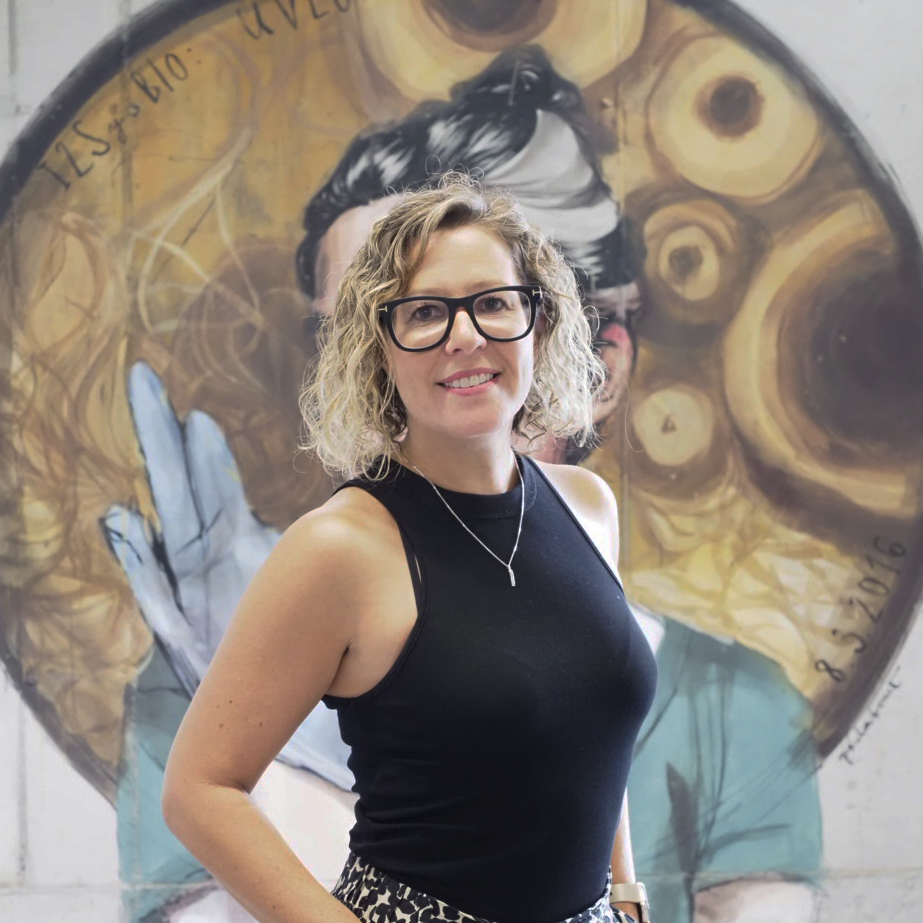
Mireia is the group leader of the PathoGenOmics group at the program of Pathogen System Biology at the I2sysbio. We integrate evolution of microbial pathogens with infection biology and epidemiology to decipher the molecular determinants of infections during host-pathogen interactions. We are currently studying pathogens such as Mycobacterium tuberculosis, Legionella pneumophila, Brucella and SARS-CoV-2. I am a member of the steering committee of the European Society of Mycobacteriology, and of the coordination team PTI-Global Heath from CSIC. I am also teaching Master classes at the University of Valencia.
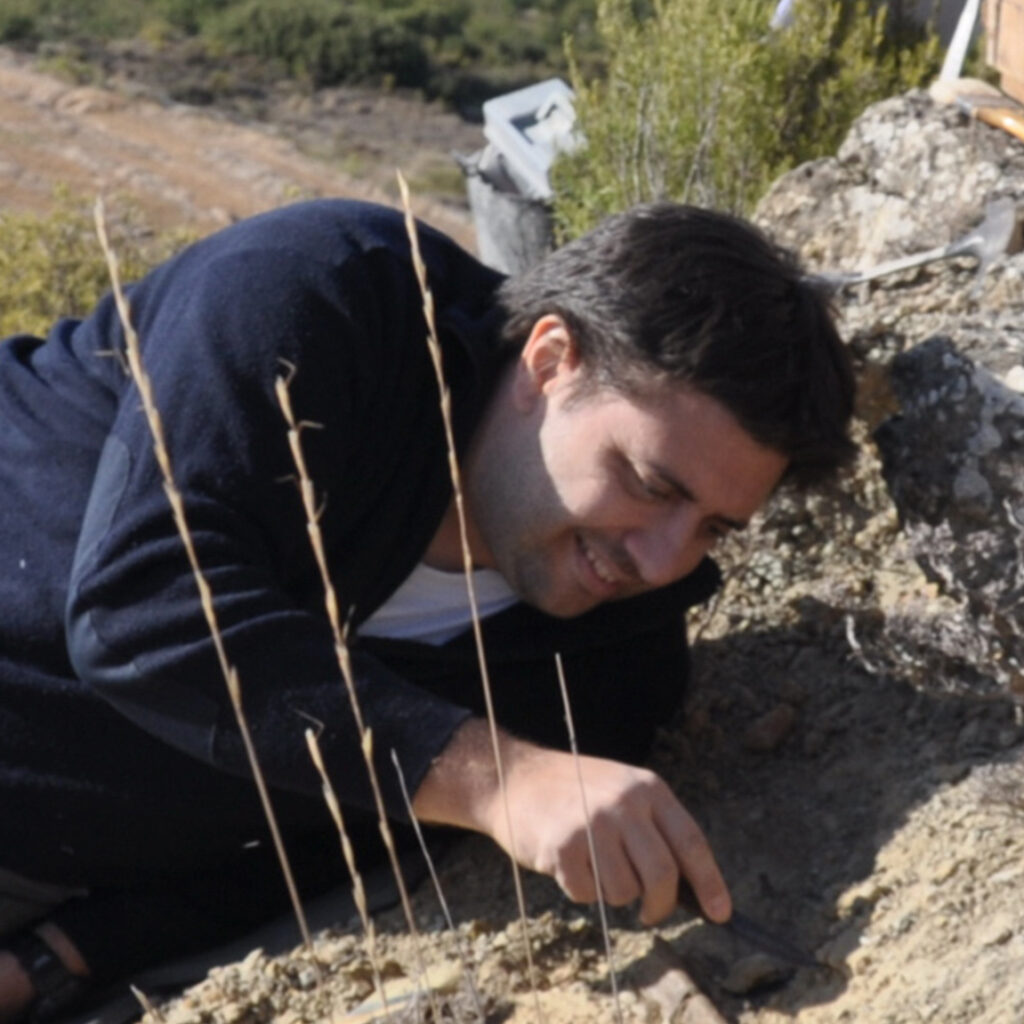
Carlos is a paleobiologist specializing in the study of the evolution of the vertebrate skeleton. With a background in Biology and a PhD in Paleontology from the University of Valencia, Carlos' research initially focused on the systematics and diversity of early vertebrates, focusing on the Devonian stage. Over time, he expanded this work to explore the functional morphology and biological roles of conodonts, employing advanced computational techniques to analyze the first expression of the vertebrate skeleton. Currently he is a lecturer at the University of Valencia, and his research is dedicated to applying these methodologies to investigate the functional and morphological development of vertebrate skeletal systems, in an holistic approach, contributing to the understanding of the early evolution of our own lineage.
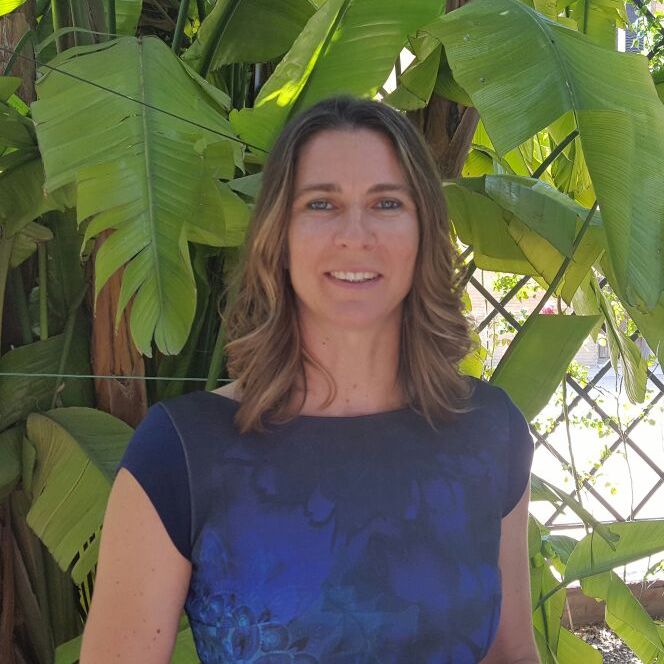
Olga is a professor at the Department of Didactics of Experimental Sciences and researcher and Deputy Director of the Botanic Garden of the Universitat de València (Spain). She is coordinator of the Specialization of Biology and Geology of the Master´s Degree in Secondary Education Teaching. She is a biologist, with a PhD on plant conservation and holds a master’s degree in education research (2015). She leads research projects in the areas of environmental education, didactics of botany and outdoor education.
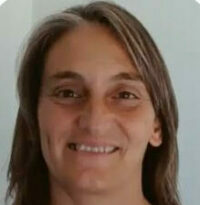
Alicia is a Senior Scientist at the Spanish National Research Council (CSIC) within the Desertification Research Center (CIDE-CSIC). Her research has addressed a wide range of ecological interactions shaping plant communities, with a particular focus on mutualistic interactions. Her work spans several fields: (a) Evolutionary Biology, studying the mechanisms underlying plant adaptation strategies to environmental gradients; (b) Mycorrhizal Symbiosis, demonstrating that arbuscular mycorrhizal symbiosis is more specific than previously thought; (c) Community Ecology, uncovering overlooked mechanisms of plant-plant interactions, such as nutrient transfer between neighbouring plants; and (d) Ecological Interactions, introducing a network-based approach to evaluate the antagonism-mutualism continuum and exploring phylogenetic patterns in the rewiring of these ecological interactions.
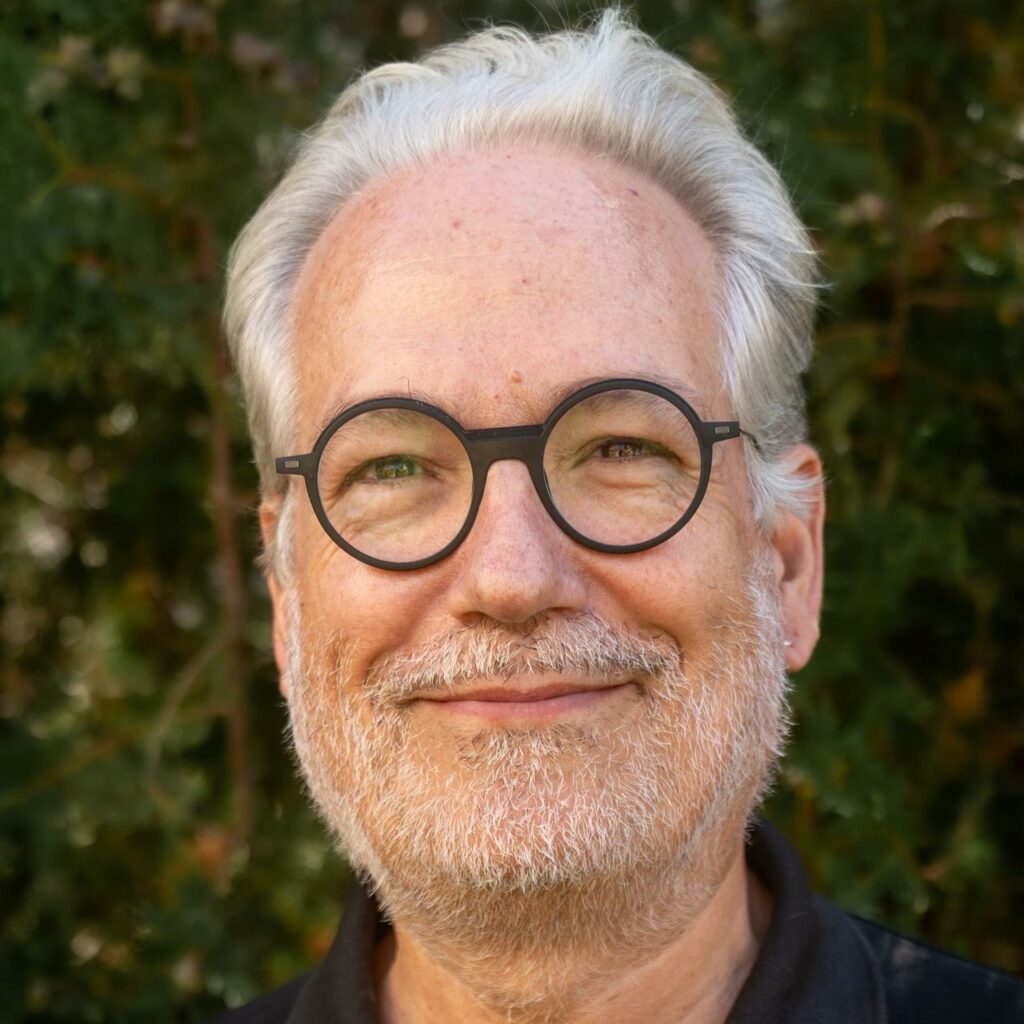
Juli is a full professor in Biochemistry and Molecular Biology at the I2SysBio (University of Valencia). He is interested in the origin and evolution of life, with a focus on metabolism, as well as in synthetic biology. His current research projects have to do with the bioprospection, characterization and metabolic modelization of species of bacteria of biotechnological interest.
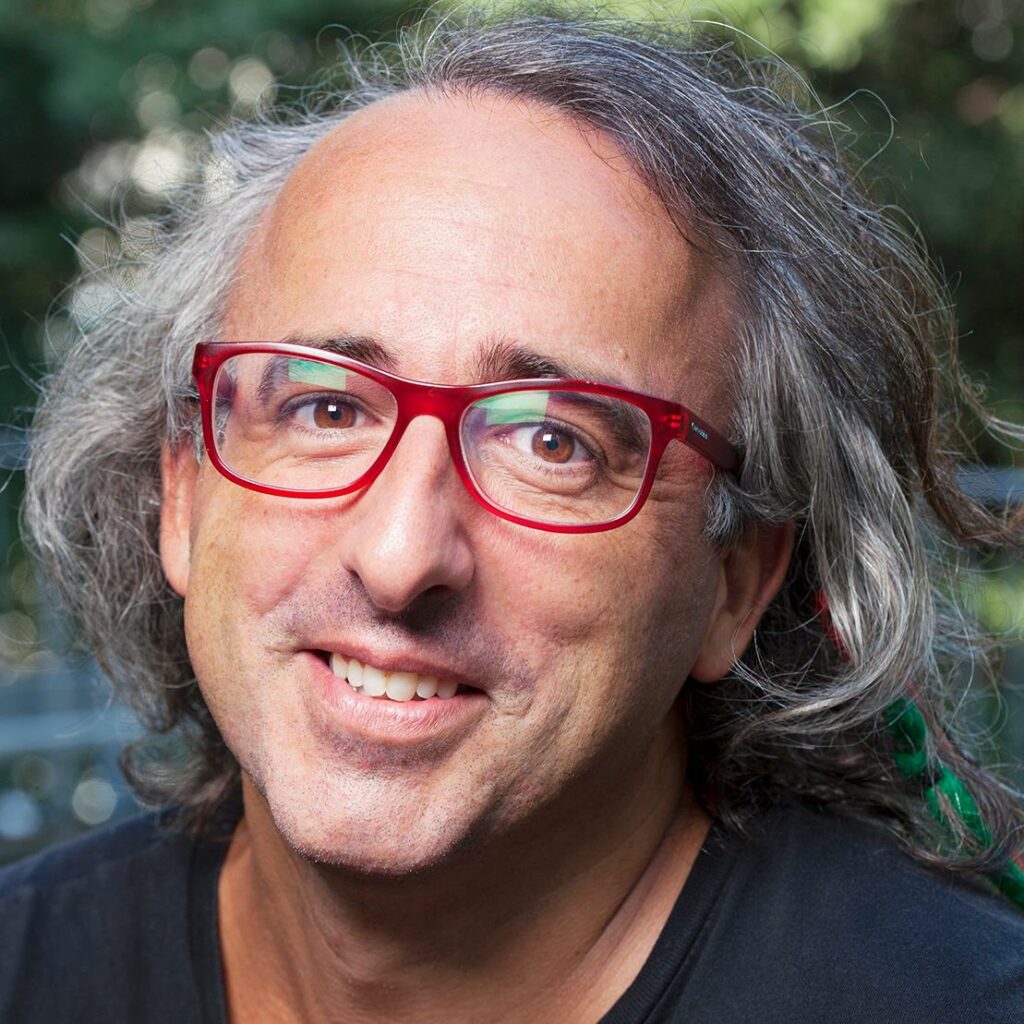
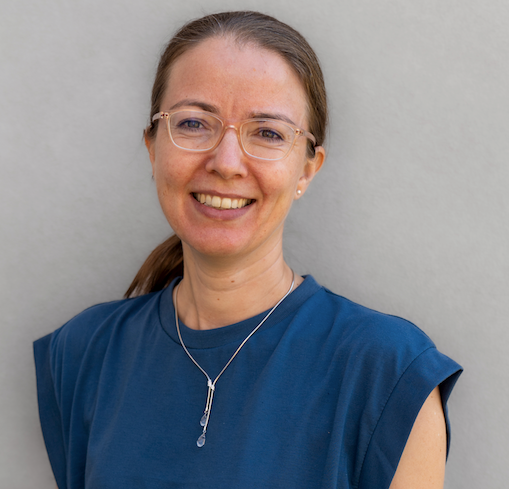
Christina earned her B.Sc. in Computational Biology and Bioinformatics from NUI Maynooth (2005) and her Ph.D. from Trinity College Dublin (2009). Her research focuses on the molecular mechanisms of innovation and their interplay in microbial systems, particularly those that drive evolutionary leaps and generate biological complexity. These mechanisms often provide robustness and/or plasticity to the system, such as duplication, hybridisation, and symbiosis.
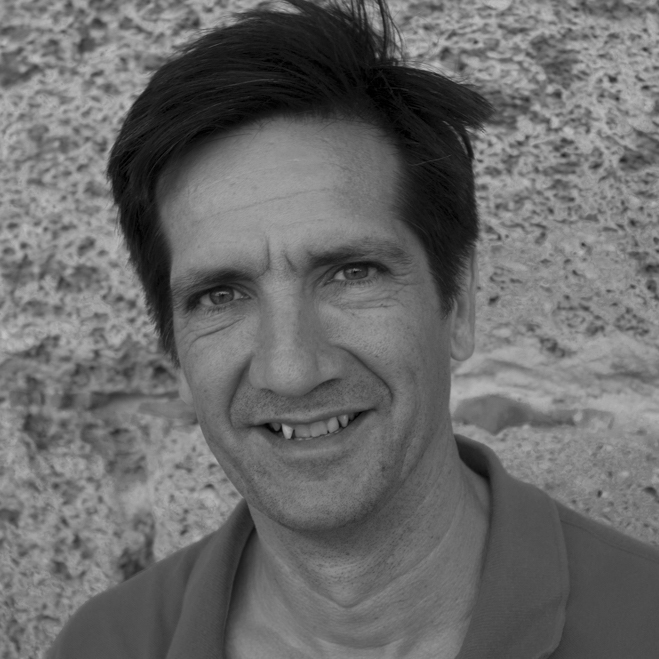
Miguel is a Research Professor at the Spanish National Research Council (CSIC), with teaching experience as a Tenured Professor at the National Autonomous University of Mexico. His research focuses on how the evolutionary history of various lineages explains their ecological interactions and the emergent properties arising from these interactions. From this perspective, he has traced the phylogenetic conservatism of ecological interactions across the tree of life, offering valuable insights into predicting interactions that may occur during the assembly of natural communities.
Scientific Committee
Microbial evolution

Mireia is the group leader of the PathoGenOmics group at the program of Pathogen System Biology at the I2sysbio. We integrate evolution of microbial pathogens with infection biology and epidemiology to decipher the molecular determinants of infections during host-pathogen interactions. We are currently studying pathogens such as Mycobacterium tuberculosis, Legionella pneumophila, Brucella and SARS-CoV-2. I am a member of the steering committee of the European Society of Mycobacteriology, and of the coordination team PTI-Global Heath from CSIC. I am also teaching Master classes at the University of Valencia.

Christina earned her B.Sc. in Computational Biology and Bioinformatics from NUI Maynooth (2005) and her Ph.D. from Trinity College Dublin (2009). Her research focuses on the molecular mechanisms of innovation and their interplay in microbial systems, particularly those that drive evolutionary leaps and generate biological complexity. These mechanisms often provide robustness and/or plasticity to the system, such as duplication, hybridisation, and symbiosis.
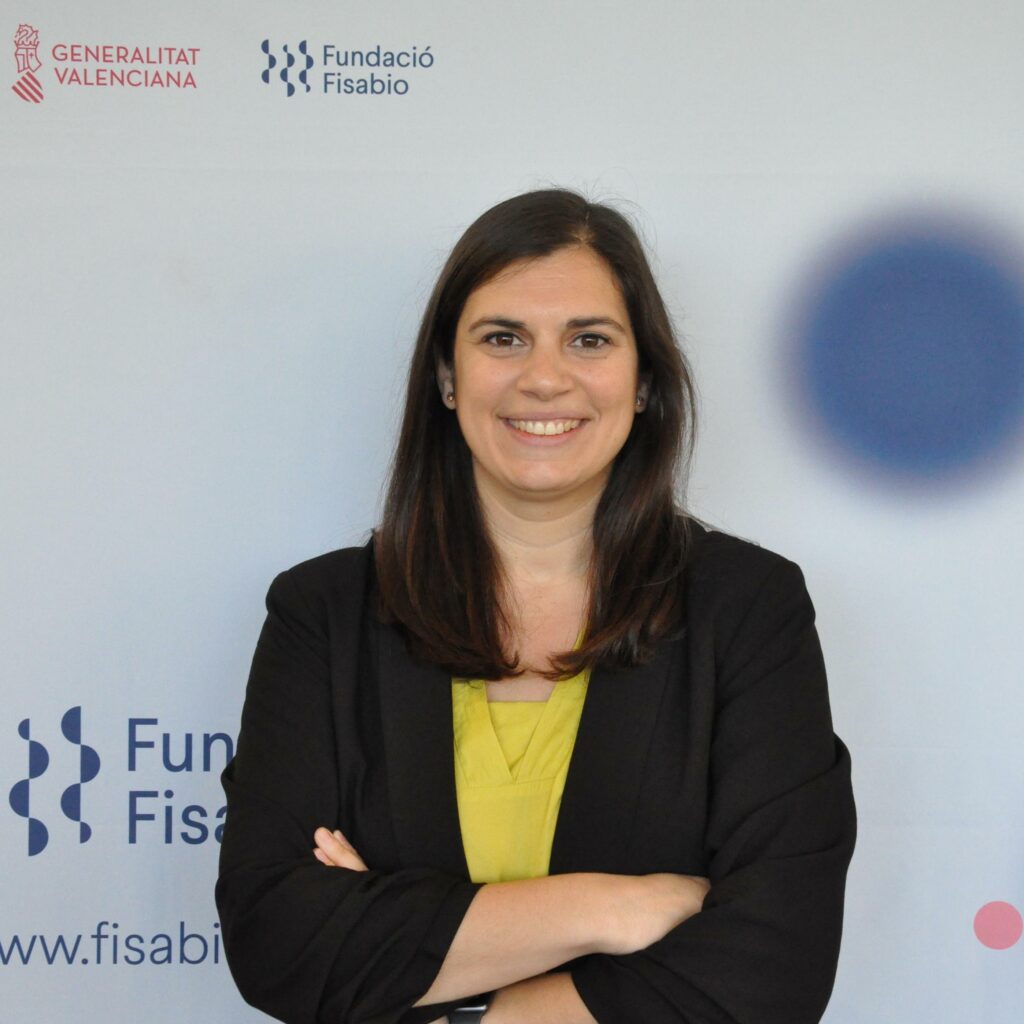
Leonor leads the "Omics, Infection and Sexual Health" group at FISABIO-Public Health, Valencia. Her research lines are focused on the genomic epidemiology and evolution of the sexually-transmitted pathogen Neisseria gonorrhoeae, the study of genetic and epigenetic mechanisms of antimicrobial resistance, and the analysis of microbiome alterations associated with pathogens causing sexually-transmitted infections.
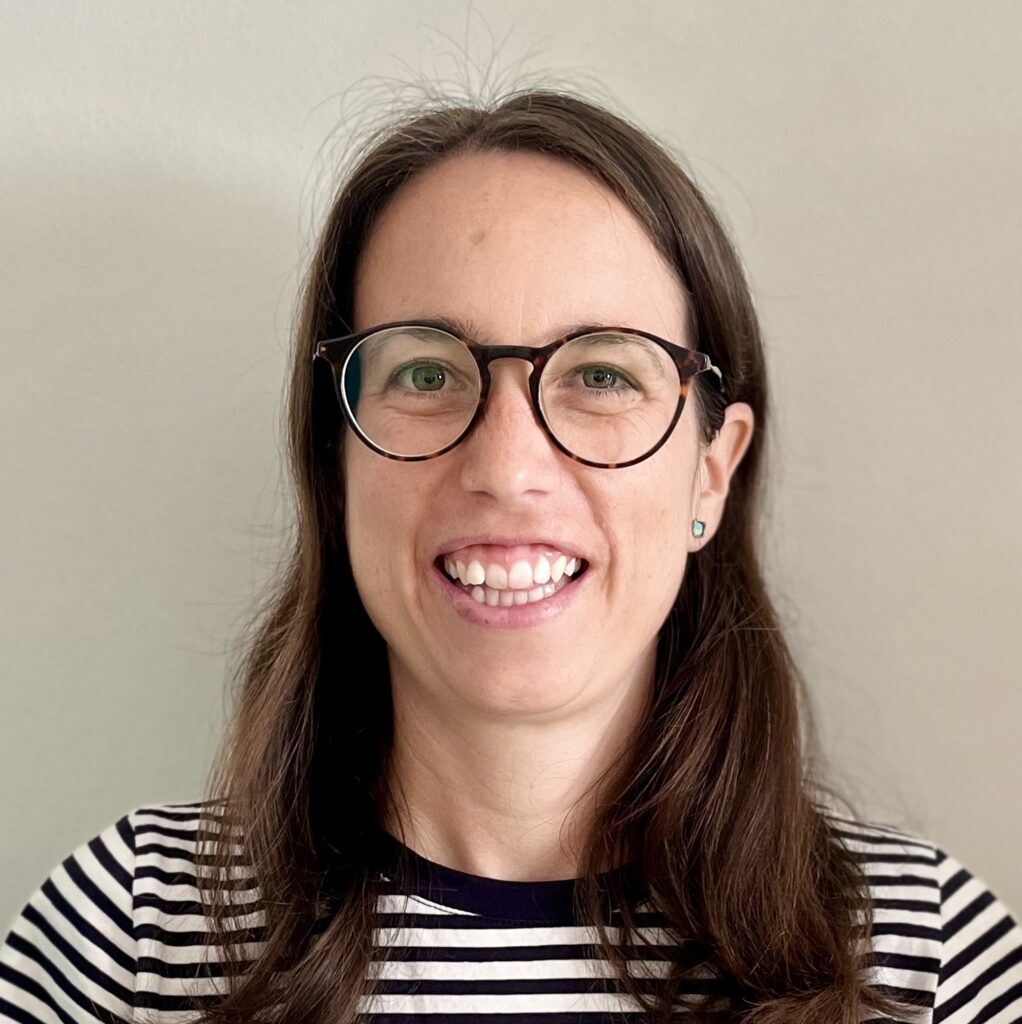
Macarena did her Ph.D. at the Universitat Pompeu Fabra (2012), which included a predoctoral stay at the University of Pennsylvania (2011). Then she did a first postdoc at the University of Oxford and a second one at the University of Zurich. In 2019 she received a PRIMA grant (Swiss National Science Foundation) and started her group at ETH Zurich. In 2024 she joined the Institut de Biologia Evolutiva (IBE) in Barcelona as a 'Ramón y Cajal' fellow. Her research is focused on the study of evolutionary adaptations, specifically, the molecular mechanisms underpinning their origin as well as their evolution, using experimental and computational approaches.
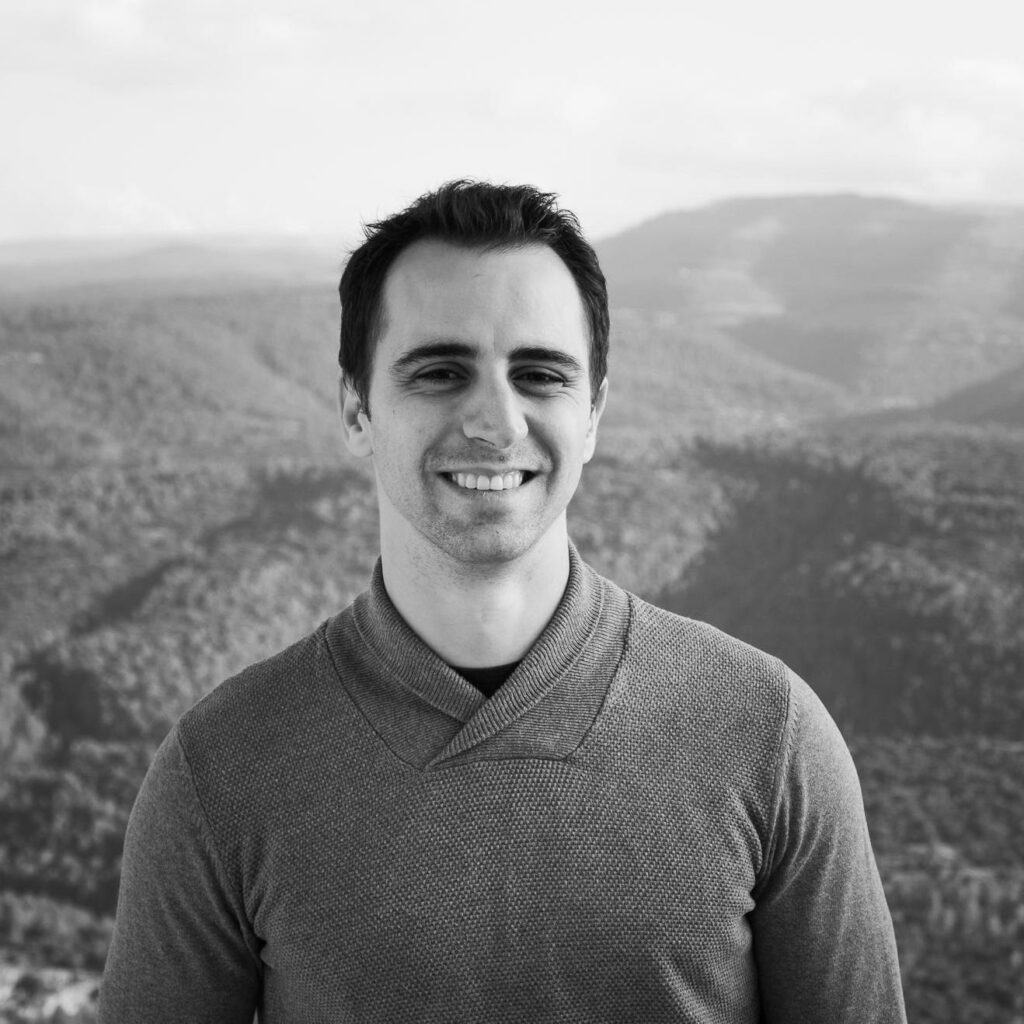
Álvaro earned his PhD from the University of Valencia UV) under the guidance of Prof. Iñaki Comas and Prof. Fernando González. His research focused on the evolution of the Mycobacterium tuberculosis complex (MTBC) through systems biology approaches, and allowed him to earn an Extraordinary Doctorate Award from the UV. Following his doctoral studies, he undertook a postdoctoral position in Prof. Iñaki Comas' lab at IBV-CSIC, where he continued investigating the evolutionary and epidemiological factors shaping the global incidence of MTBC.
During the COVID-19 pandemic, he leveraged data from the SeqCOVID-Spain consortium, of which he was a member, to conduct genomic epidemiology studies on the early waves of the pandemic in Spain. Finally, in 2023 he was awarded with a Ramón y Cajal contract that enables him to join FISABIO - Public Health, where he is now establishing his own research group
During the COVID-19 pandemic, he leveraged data from the SeqCOVID-Spain consortium, of which he was a member, to conduct genomic epidemiology studies on the early waves of the pandemic in Spain. Finally, in 2023 he was awarded with a Ramón y Cajal contract that enables him to join FISABIO - Public Health, where he is now establishing his own research group
Paleobiology & Paleoanthropology

Carlos is a paleobiologist specializing in the study of the evolution of the vertebrate skeleton. With a background in Biology and a PhD in Paleontology from the University of Valencia, Carlos' research initially focused on the systematics and diversity of early vertebrates, focusing on the Devonian stage. Over time, he expanded this work to explore the functional morphology and biological roles of conodonts, employing advanced computational techniques to analyze the first expression of the vertebrate skeleton. Currently he is a lecturer at the University of Valencia, and his research is dedicated to applying these methodologies to investigate the functional and morphological development of vertebrate skeletal systems, in an holistic approach, contributing to the understanding of the early evolution of our own lineage.
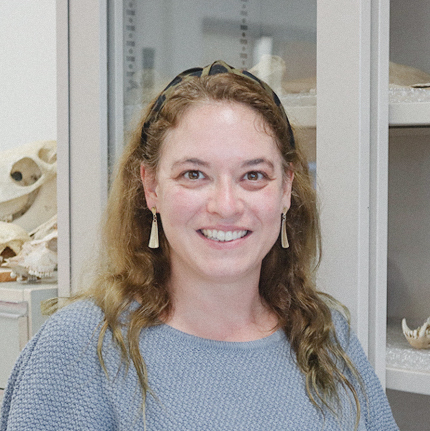
Almudena is a Ramón y Cajal Fellow at the Museo Nacional de Ciencias Naturales (MNCN-CSIC). Her main line of research is the Biocultural Evolution of the genus Homo by studying the skeletons (particularly dentition) of Early Homo, H. neanderthalensis and H. sapiens in different spatiotemporal archeo-paleontological contexts.

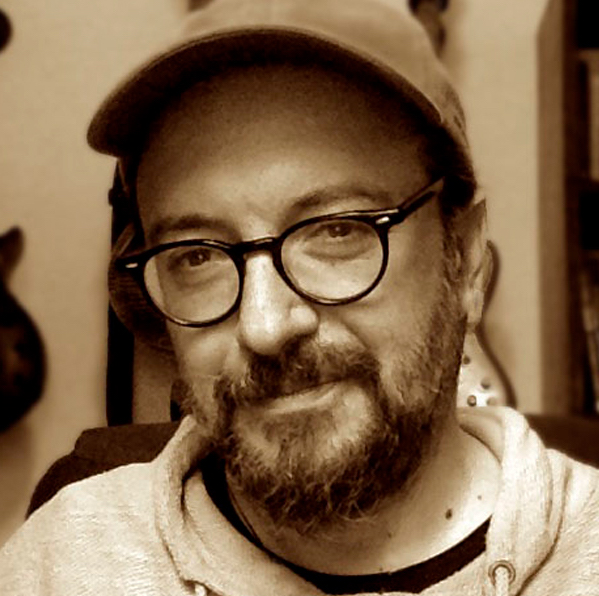
Jesus is a Paleobiologists focusing on vertebrate evolution, with a special emphasis on the micro- and macroevolutionary aspects of avian evolution. He is a specialist in morphometric methods for analyzing biological form and has contributed to the adaptation of phylogenetic methods to such multidimensional techniques, as well as to the development of network approaches for studying the evolution of anatomical complexity in Deep Time. He is currently a Professor in the Department of Biology at UAM, an Associate Researcher at the Dinosaur Institute of the Natural History Museum of Los Angeles (USA), an Honorary Associate Professor in the Faculty of Biology at the University of Cape Town (South Africa), and Secretary of the Center for Integration in Paleobiology (CIPb-UAM).
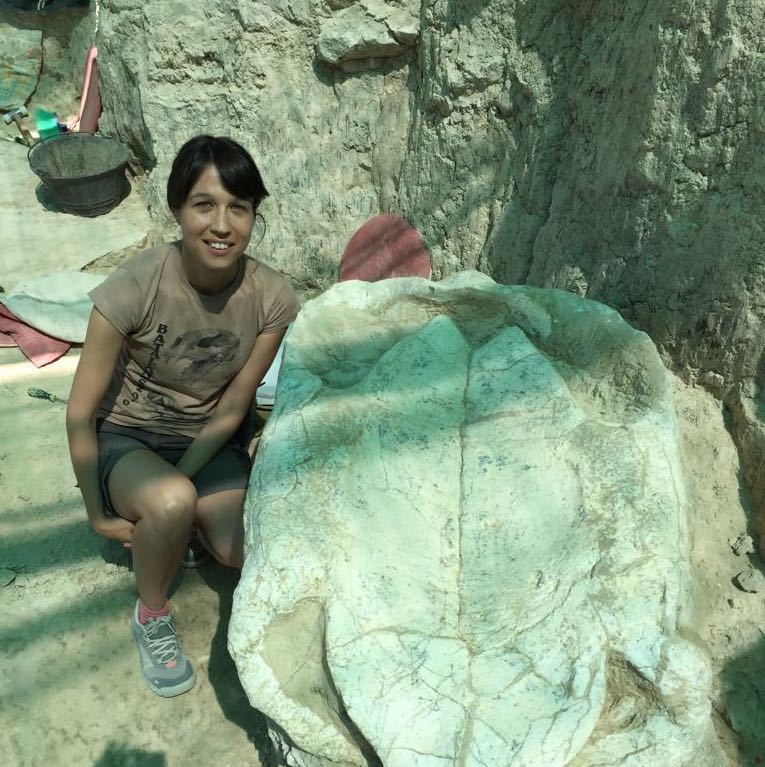
Soledad is an associate professor at the School of Geology of the Complutense University of Madrid. Soledad’s research focuses on the ecology and diversity of Neogene mammals and how they evolved in response to climatic and landscape changes, combining several approaches to understand the life, death, behavior, and habitats of extinct mammals, including taphonomic analysis, macroevolutionary studies, and stable isotope analysis of skeletal tissuesDuring the COVID-19 pandemic, he leveraged data from the SeqCOVID-Spain consortium, of which he was a member, to conduct genomic epidemiology studies on the early waves of the pandemic in Spain. Finally, in 2023 he was awarded with a Ramón y Cajal contract that enables him to join FISABIO - Public Health, where he is now establishing his own research group
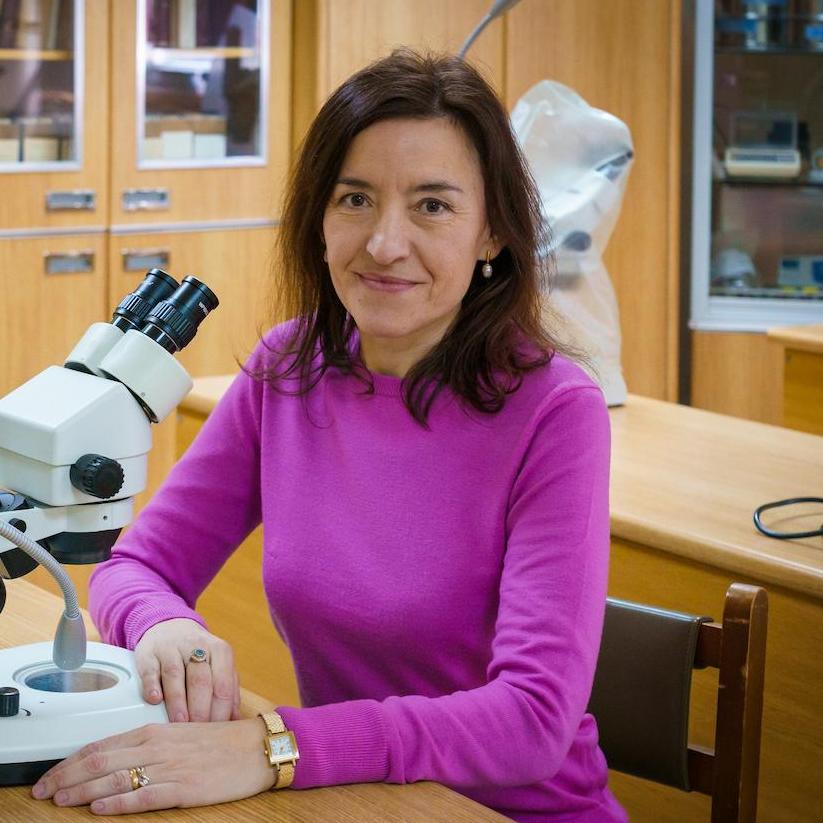
Professor in Palaeontology at the University of Zaragoza and Fellow of the Spanish Royal Academy of Sciences. Chair of the International Subcommission on Paleogene Stratigraphy. Laia studies marine microfossils and their geochemistry to understand climate changes and other global events of the past, with emphasis on the last 70-30 millions of years ago. She is particularly keen on the analysis of critical events such as the impact of the asteroid that led to the extinction of many species (including dinosaurs) at the end of the Cretaceous, or rapid warming events from the past that can be used as analogues of the current climate change. Since her participation in the ocean drilling expedition to explore Zealandia in 2017, she has worked on this hidden continent that is mostly submerged in the southwest Pacific, studying its evolution and its relationship with palaeoceanographic and climate changes, with the evolution of species, and with the formation of the Pacific Ring of Fire.
Evolutionary Ecology & Ethology
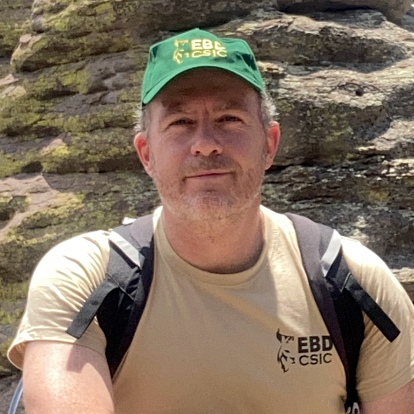
Ivan is a Tenured Scientist at CSIC, working at the Doñana Biological Station. My research focuses on studying how organisms modify their embryonic or larval development in response to environmental variations, and to what extent these developmental changes can be selected, leading to adaptive divergences between populations or even species. Our primary study model is the larval stage of amphibians, and we use a multidisciplinary approach that integrates information at the organismal, physiological, endocrine, cellular, genomic, and epigenomic levels to understand how developmental regulation changes in response to the environment and its phenotypic consequences.

Pau is an Associate Professor at the Cavanilles Institute for Biodiversity and Evolutionary Biology. I am interested in the evolution and function of behaviour, and in the role that behaviour plays as a spearhead of evolutionary change. Currently, our main line of research is on biotic and abiotic factors modulating the intensity of sexual selection and sexual conflict, and its consequences in terms of population viability and adaptation.

Alicia is a Senior Scientist at the Spanish National Research Council (CSIC) within the Desertification Research Center (CIDE-CSIC). Her research has addressed a wide range of ecological interactions shaping plant communities, with a particular focus on mutualistic interactions. Her work spans several fields: (a) Evolutionary Biology, studying the mechanisms underlying plant adaptation strategies to environmental gradients; (b) Mycorrhizal Symbiosis, demonstrating that arbuscular mycorrhizal symbiosis is more specific than previously thought; (c) Community Ecology, uncovering overlooked mechanisms of plant-plant interactions, such as nutrient transfer between neighbouring plants; and (d) Ecological Interactions, introducing a network-based approach to evaluate the antagonism-mutualism continuum and exploring phylogenetic patterns in the rewiring of these ecological interactions.
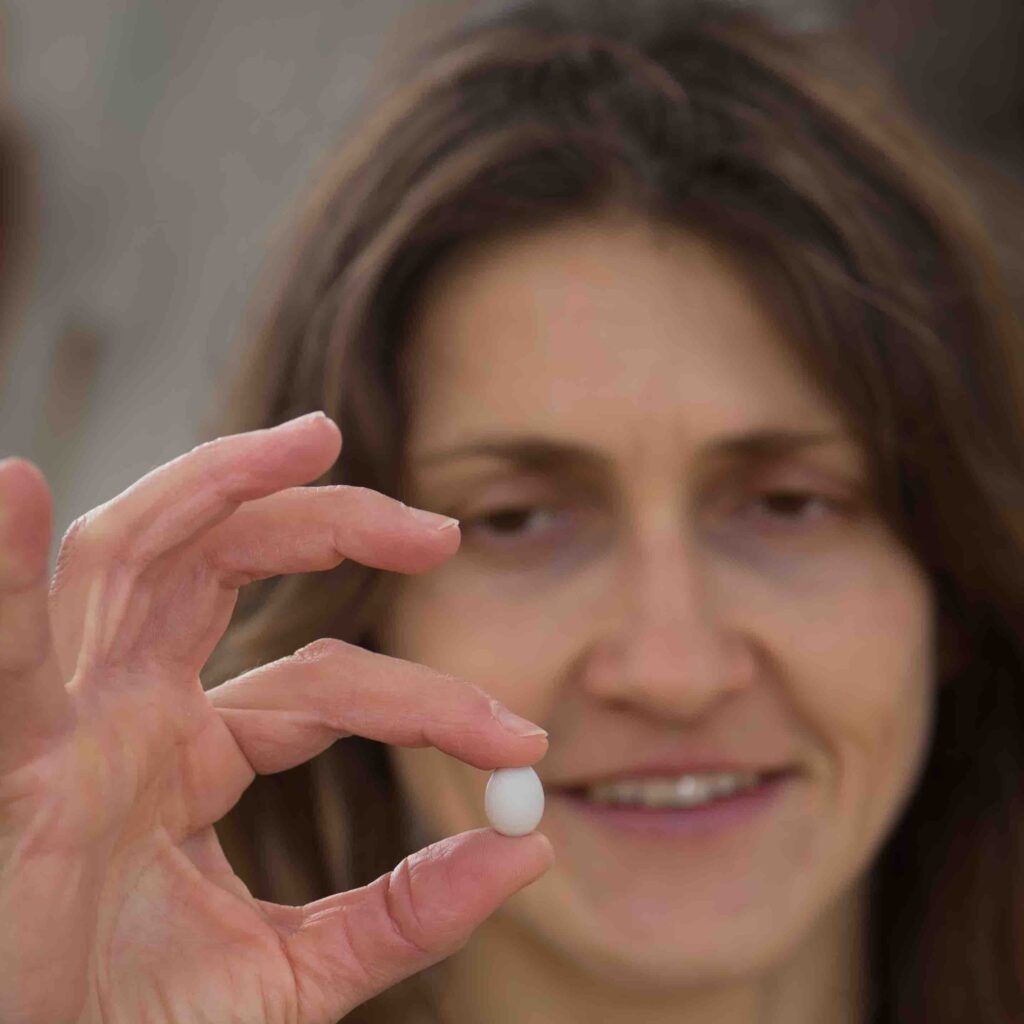
Mylene is a is a Ramon y Cajal postdoctoral fellow at the Estación Biológica de Doñana, EBD-CSIC (Seville). She is a behavioural ecologist working primarily on the evolution of avian heat adaptation and prenatal acoustic communication. She has shown that prenatal sound and noise can directly impact development and physiology in birds, with life-long fitness consequences. In particular, she revealed a transgenerational mechanism for heat-adaptation, whereby parents can shape their offsprings’ development for high temperatures by emitting a special call to embryos during incubation.
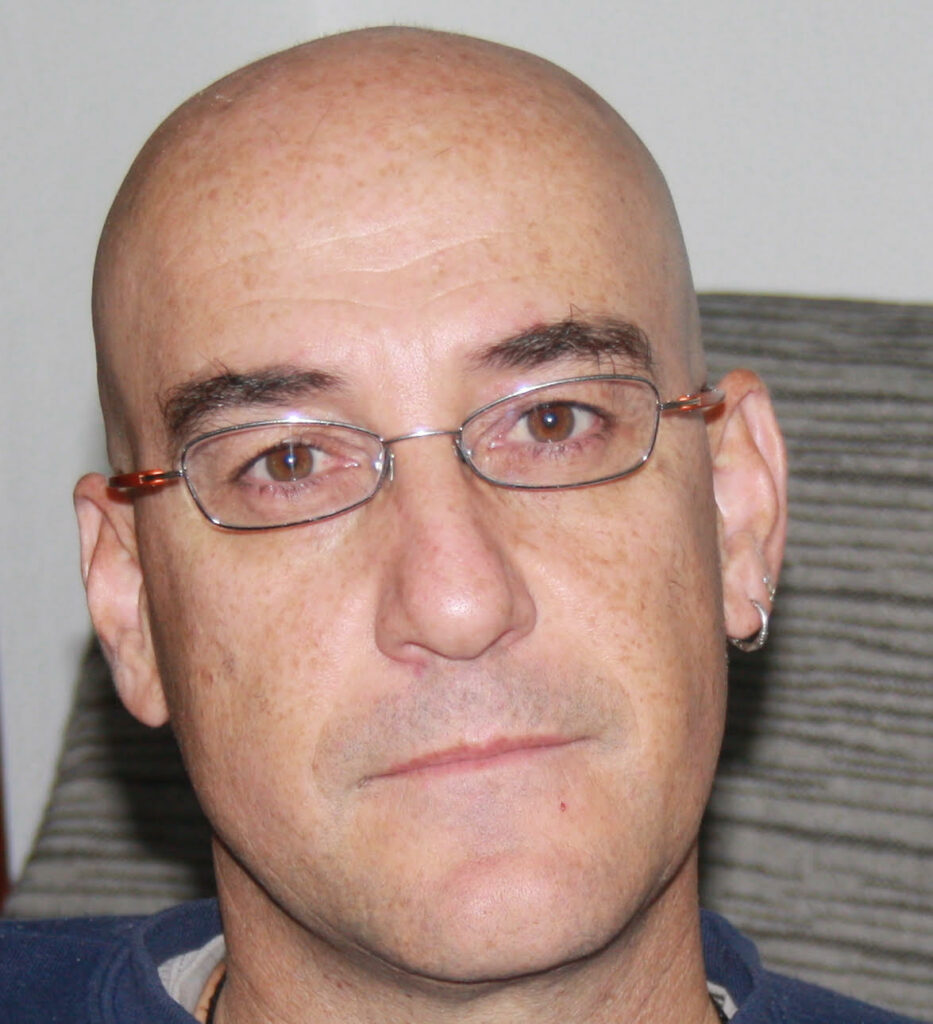
José María is a Research Professor at CSIC and a researcher at the Experimental Station of Arid Zones in Almería. My main scientific interest lies in understanding the ecology and evolution of ecological interactions, the phenotypic coevolution of interacting species, and the implications of these processes for macroevolution and the diversification of lineages. Additionally, I develop a research line dedicated to exploring, through both empirical and theoretical approaches, the eco-evolutionary dynamics of phenotypic plasticity and its consequences for understanding the evolutionary process. I also study various aspects of human evolution using tools from Evolutionary Biology
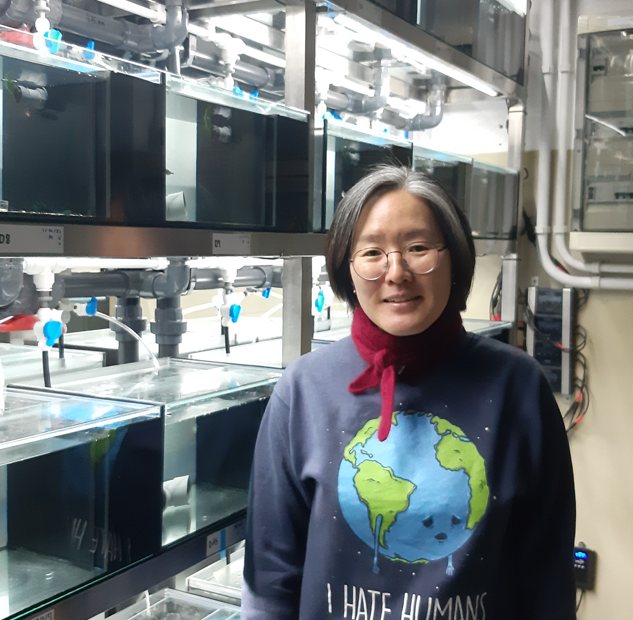
Yeon is an evolutionary ecologist interested in the evolution of animal life histories and behaviours. My principal research objective is understanding why individual animals grow, reproduce, age and behave differently from each other and how these variations are maintained through ecological and evolutionary mechanisms. All my current studies are based on experimental works using the three-spined stickleback and the yellow-legged gull.
Evolutionary genetics and omics
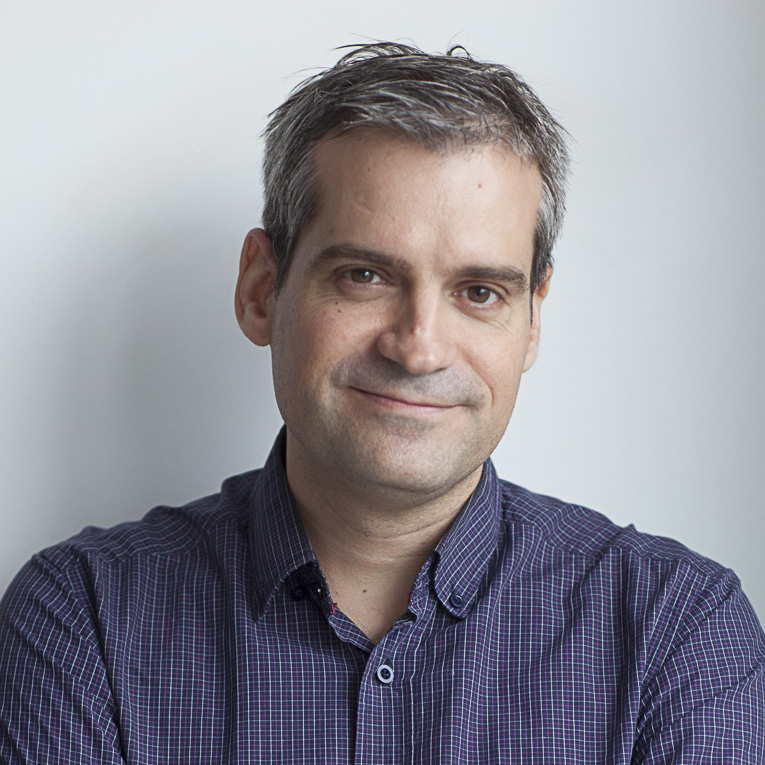
Toni is an ICREA Research Professor leading the comparative genomics group at IRB and BSC in Barcelona (Spain). His research focuses on understanding the genomic bases of organismal adaptations, particularly in eukaryotic microorganisms.
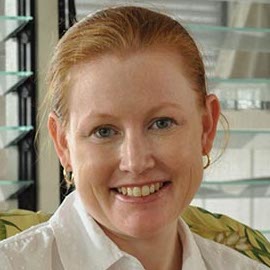
My research interests lie in the effect of changes in the environment on the genetic diversity of natural populations, with emphasis on the temporal perspective using ancient DNA. This type of research can be applied to fundamental questions in evolution, conservation and domestication.
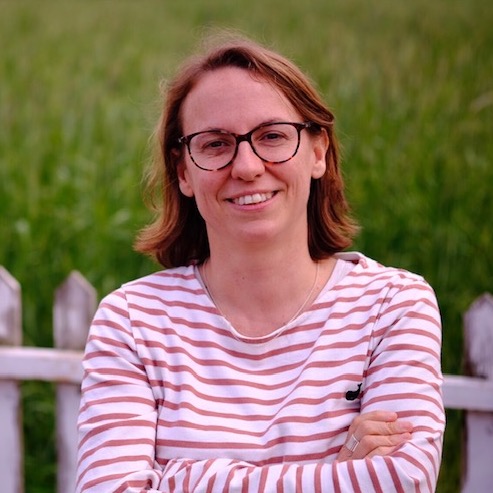
Evolutionary biologist investigating sexual reproduction and the origin and drivers of symbiotic associations in marine invertebrates, with a soft spot for sponges. In our lab, we apply a diverse array of omic techniques in combination with ecological, morphological and developmental approaches.
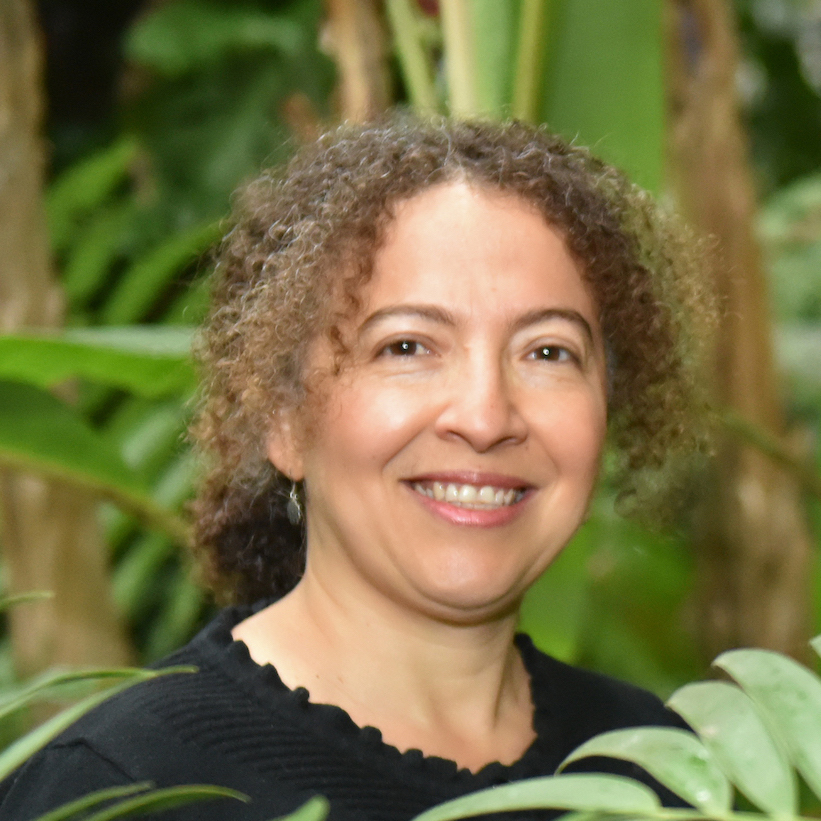
Ricarda is a plant systematist and evolutionary biologist focusing on phylogenetics, evolution, biogeography, plant diversity documentation, and conservation.
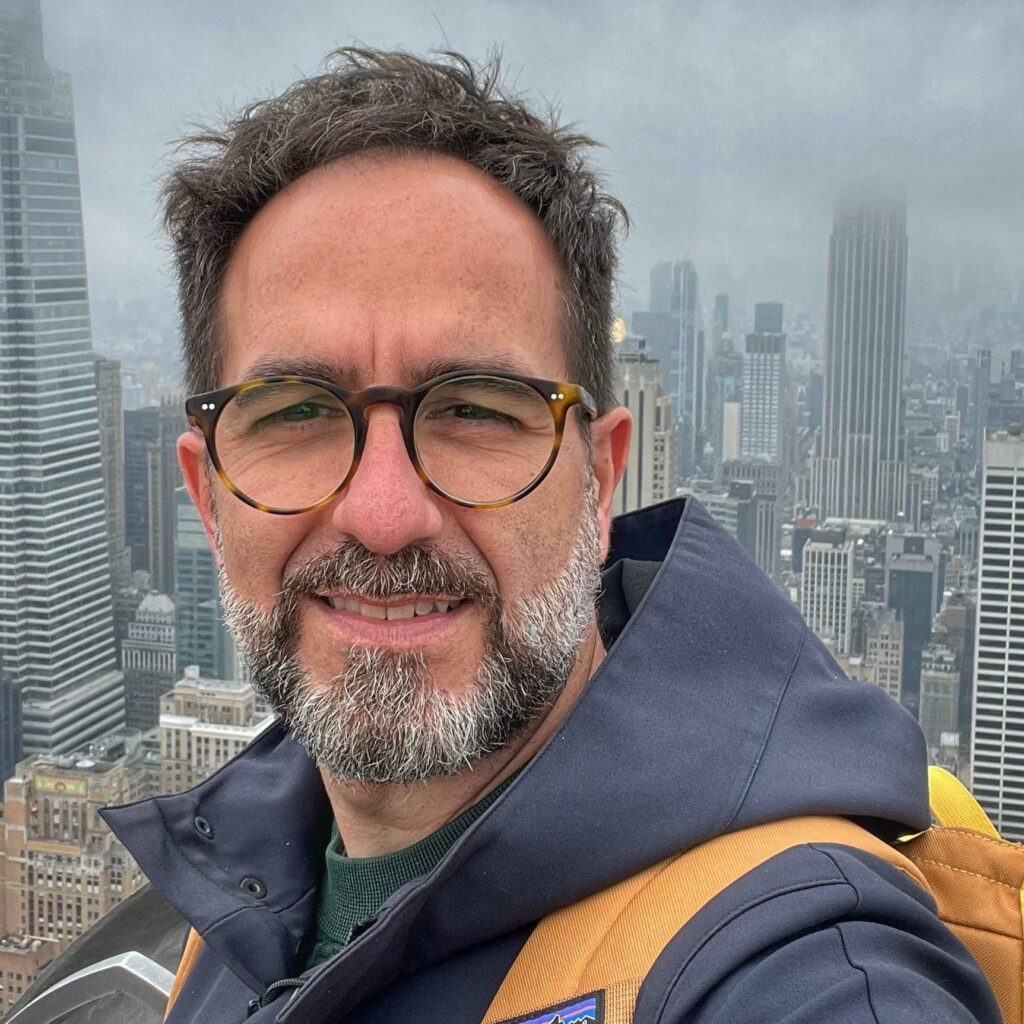
Jaume graduated in Biology at the University of Valencia and obtained a PhD in Biology at the University of Barcelona. He has developed most of his research career at the Royal Botanic Gardens, Kew (United Kingdom). He joined the Botanical Institute of Barcelona (IBB, CSIC-CMCNB) in September 2019 as a Ramón y Cajal Fellow, and since January 2024 as a tenured researcher. His research focuses on the study of the origin and evolution of the extraordinary genome size diversity encountered across multiple lineages of terrestrial plants, focusing mostly in ferns and angiosperms, with special interest in the rise of giant genomes. He integrates cytogenetic and genomic tools to better understand the role of polyploidy, non-coding repetitive DNA and the dynamics of the processes that amplify, erode and delete DNA in shaping plant genomes.
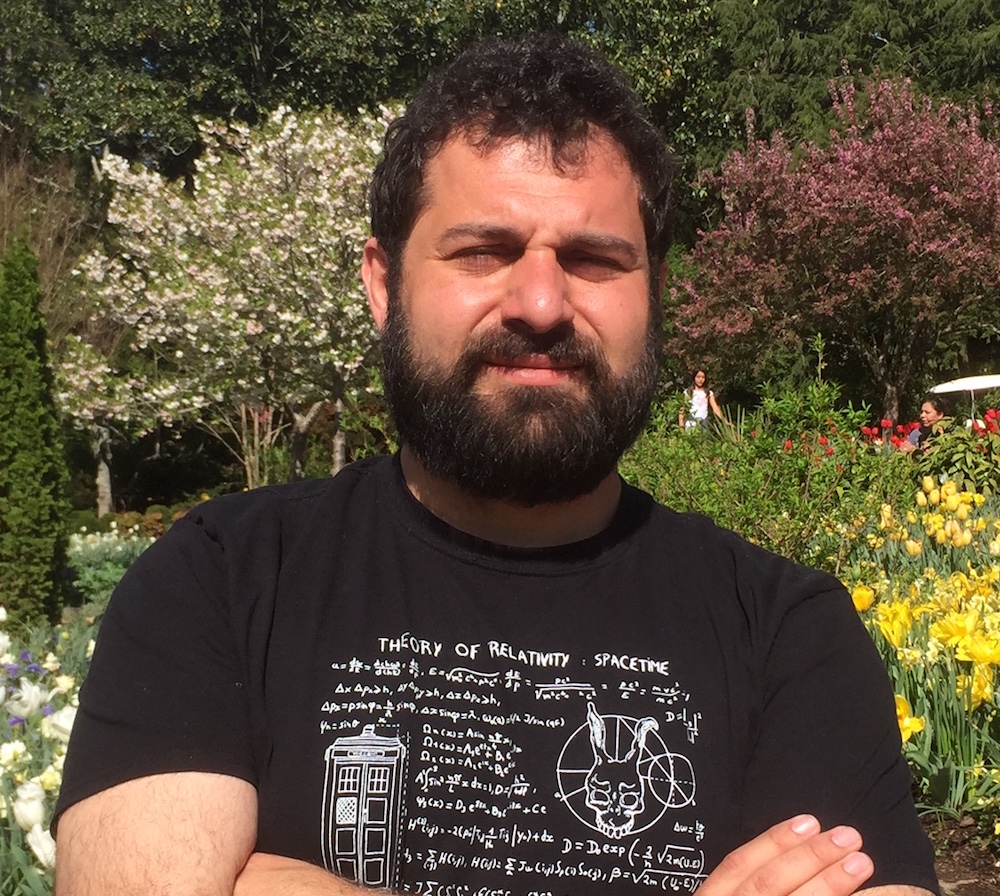
Aureliano is a CSIC professor at the Institute for Plant Molecular and Cellular Biology (IBMCP) in Valencia. His research has two main focuses. First, the development of new tools for genome assembly, annotation and analysis. Second, the study of the link between genome evolution and domestication and speciation. He works on genus such as Nicotiana, Solanum, Persea, and Asimina.
EvoDevo
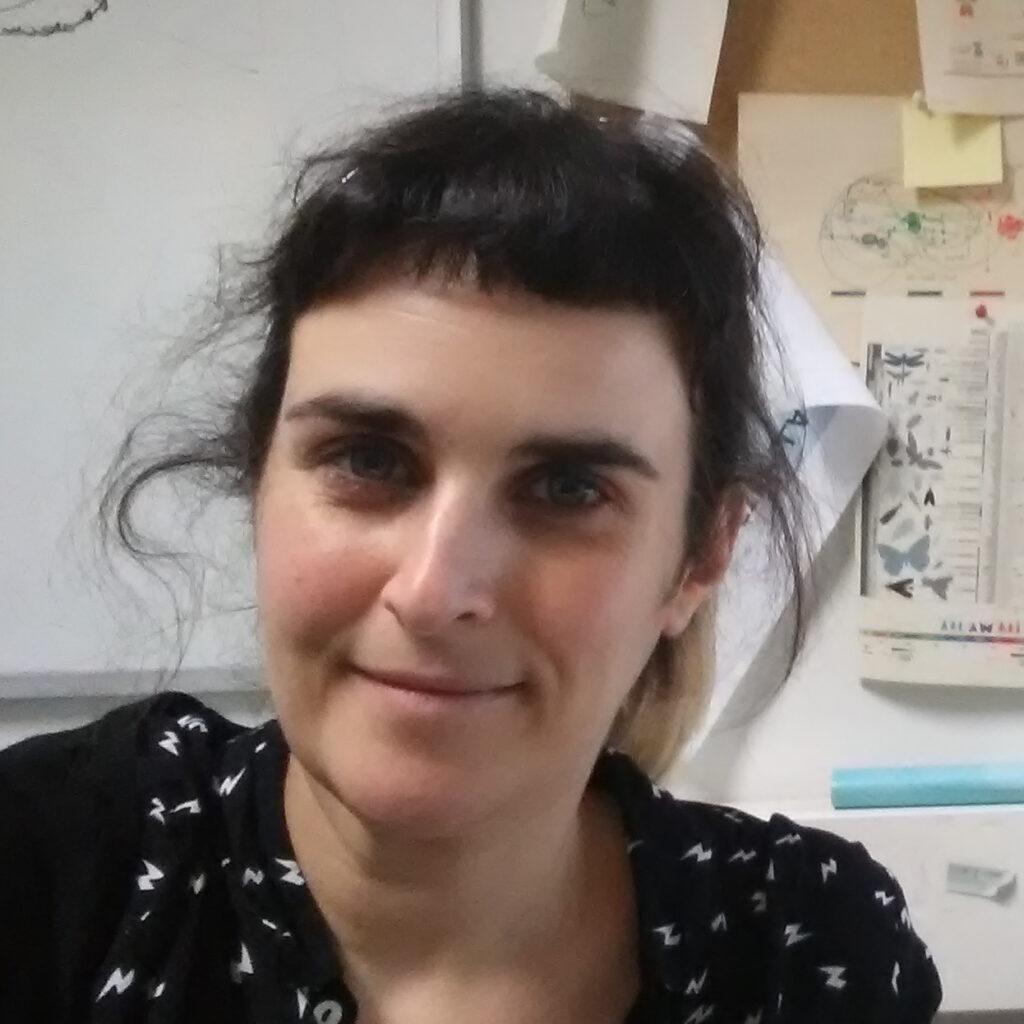
Isabel is an Associate Professor at the University of Barcelona. She is an evolutionary developmental biologist interested in the genetic basis of morphological novelties and adaptations to new environments focusing on insects and their huge radiation.
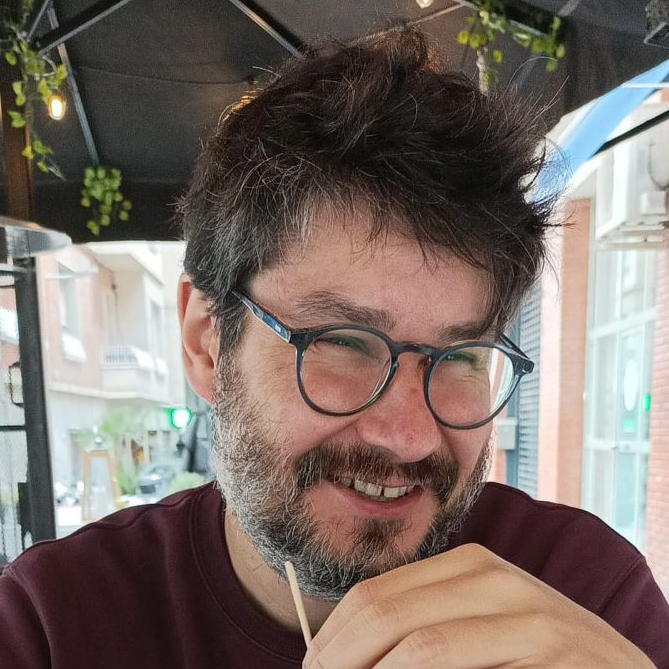
Ignacio is an Associate Professor at the University of Barcelona. He is an evolutionary developmental biologist whose primary interest is to understand the earliest stages of molecular novelties: how new genes are integrated for the first time into a biological system. He also studies how changes in gene regulation during development impacts the evolution of animals.
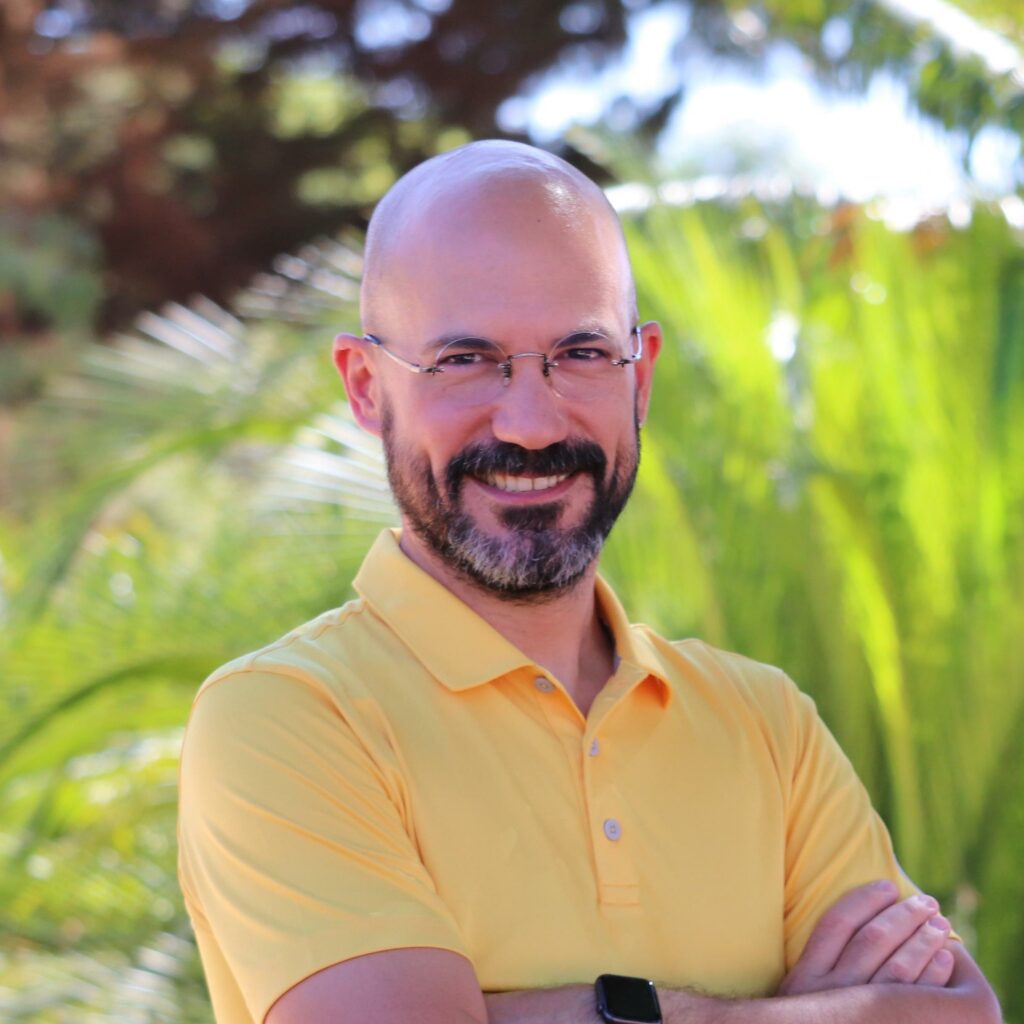
Juan is a Beatriz Galindo Senior Researcher in the Department of Animal Biology at the University of Málaga, Spain. As an evolutionary developmental biologist, he focuses on understanding the genomic mechanisms underpinning the phenotypic diversity and evolution of vertebrates.
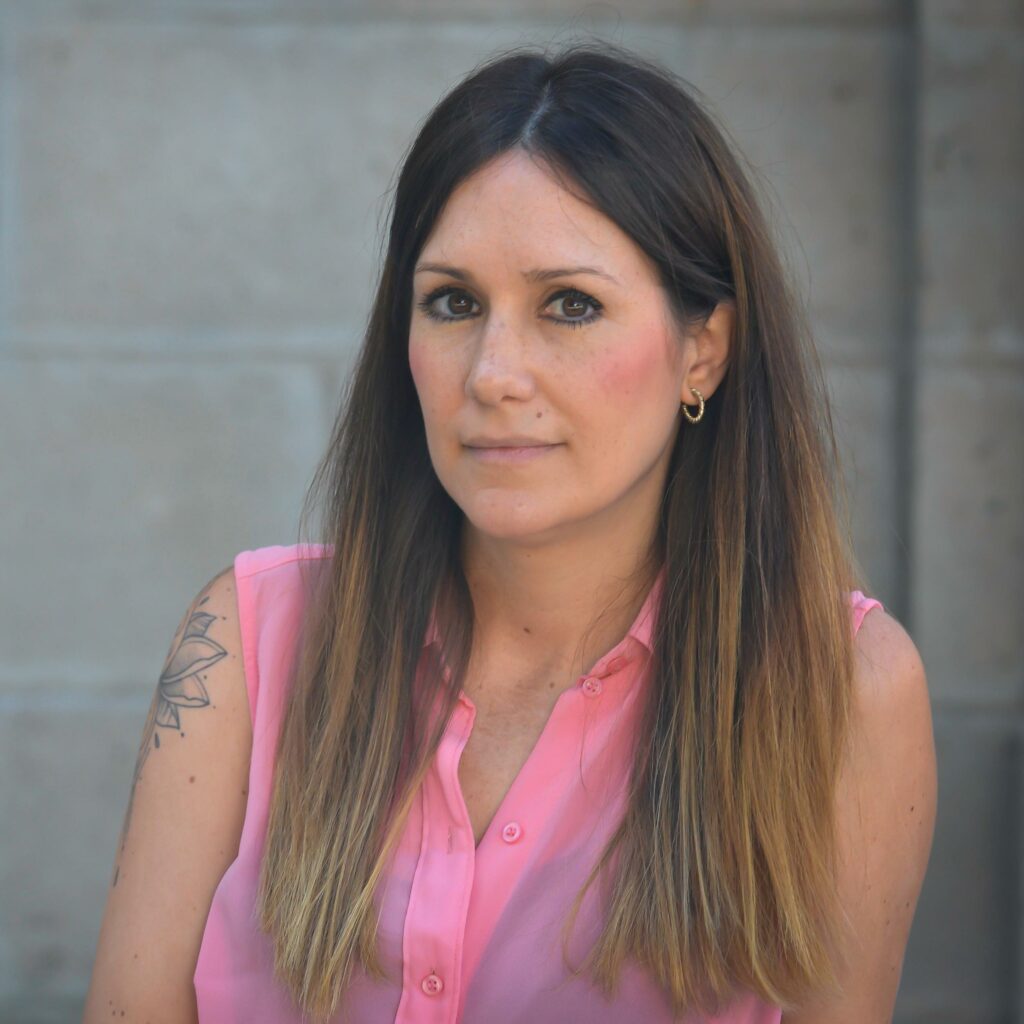
Francisca completed her PhD at the University of Granada and pursued postdoctoral research at the Max Planck Institute for Molecular Genetics in Berlin, where she was later promoted to Group Leader. She subsequently returned to Spain to the Centro Andaluz de Biología del Desarrollo (CABD) in Seville, where she now leads a research group focusing on Gene Regulation and Evolution.
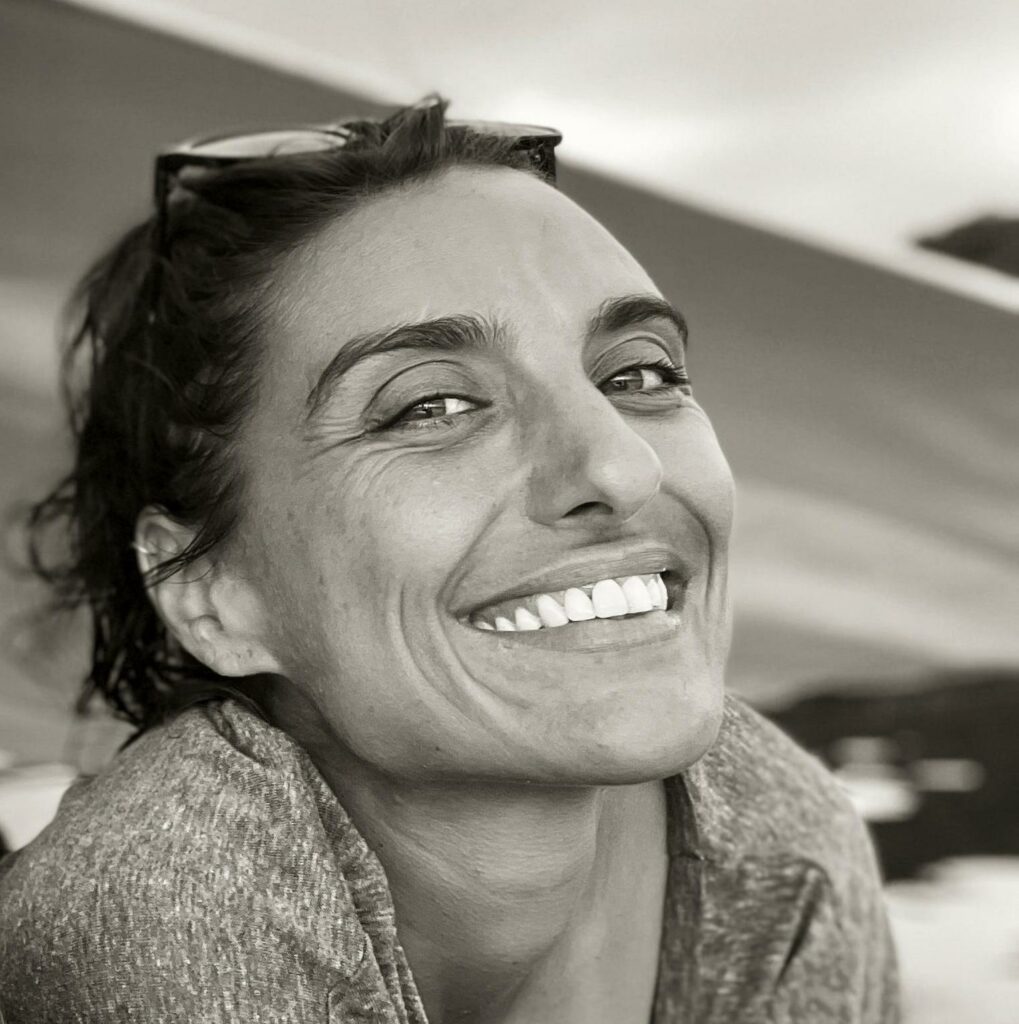
Patricia is an Associate professor of zoology at Universidad Autónoma de Madrid, working on evolutionary biology and genomics of reproduction and regeneration in annelid worms
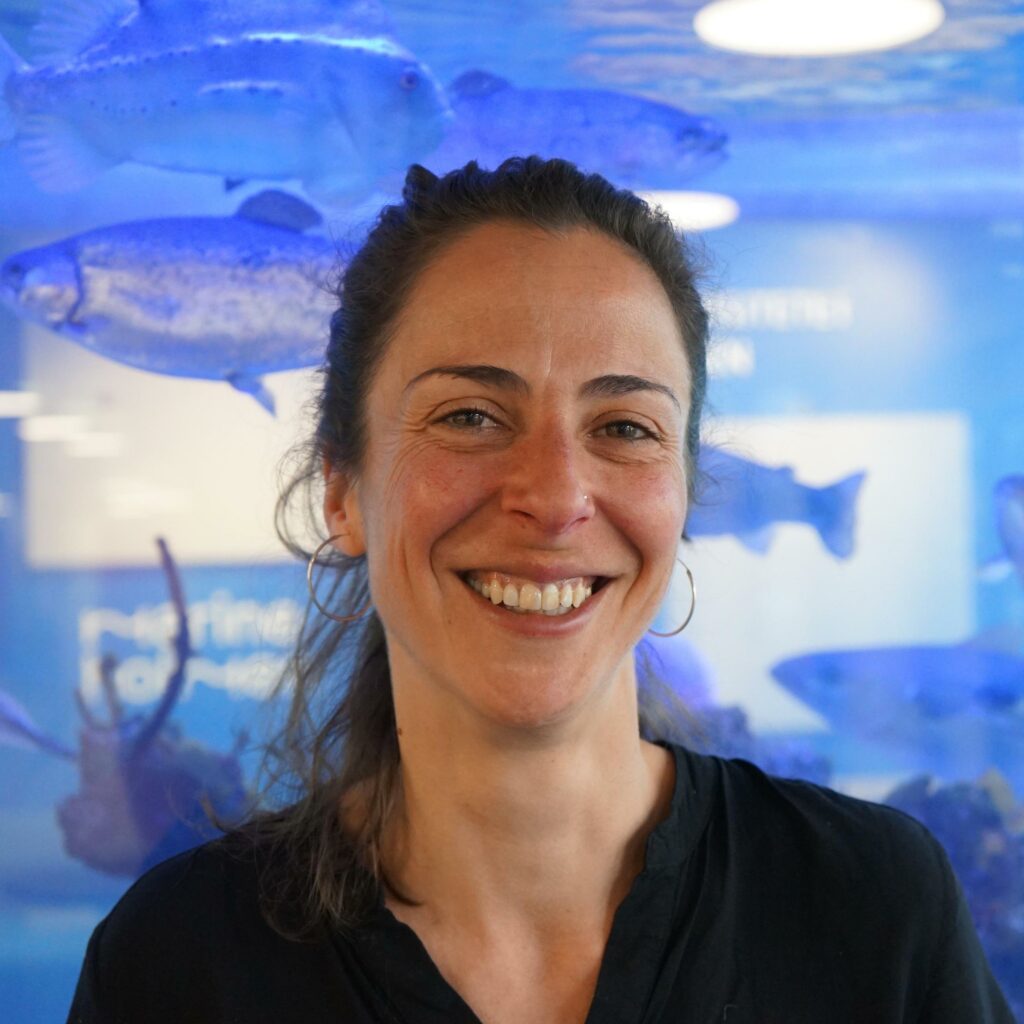
Marta is a senior postdoctoral researcher in the Sebe-Pedrós lab at the Center for Genomic Regulation (CRG) in Barcelona. As an evolutionary and developmental biologist, she explores how genome regulation shapes diverse cell types and how this phenotype-genotype relationship evolves. Her research focuses on early-branching metazoans, particularly the cnidarian Nematostella vectensis.
Macroevolution & Speciation

Miguel is a Research Professor at the Spanish National Research Council (CSIC), with teaching experience as a Tenured Professor at the National Autonomous University of Mexico. His research focuses on how the evolutionary history of various lineages explains their ecological interactions and the emergent properties arising from these interactions. From this perspective, he has traced the phylogenetic conservatism of ecological interactions across the tree of life, offering valuable insights into predicting interactions that may occur during the assembly of natural communities.
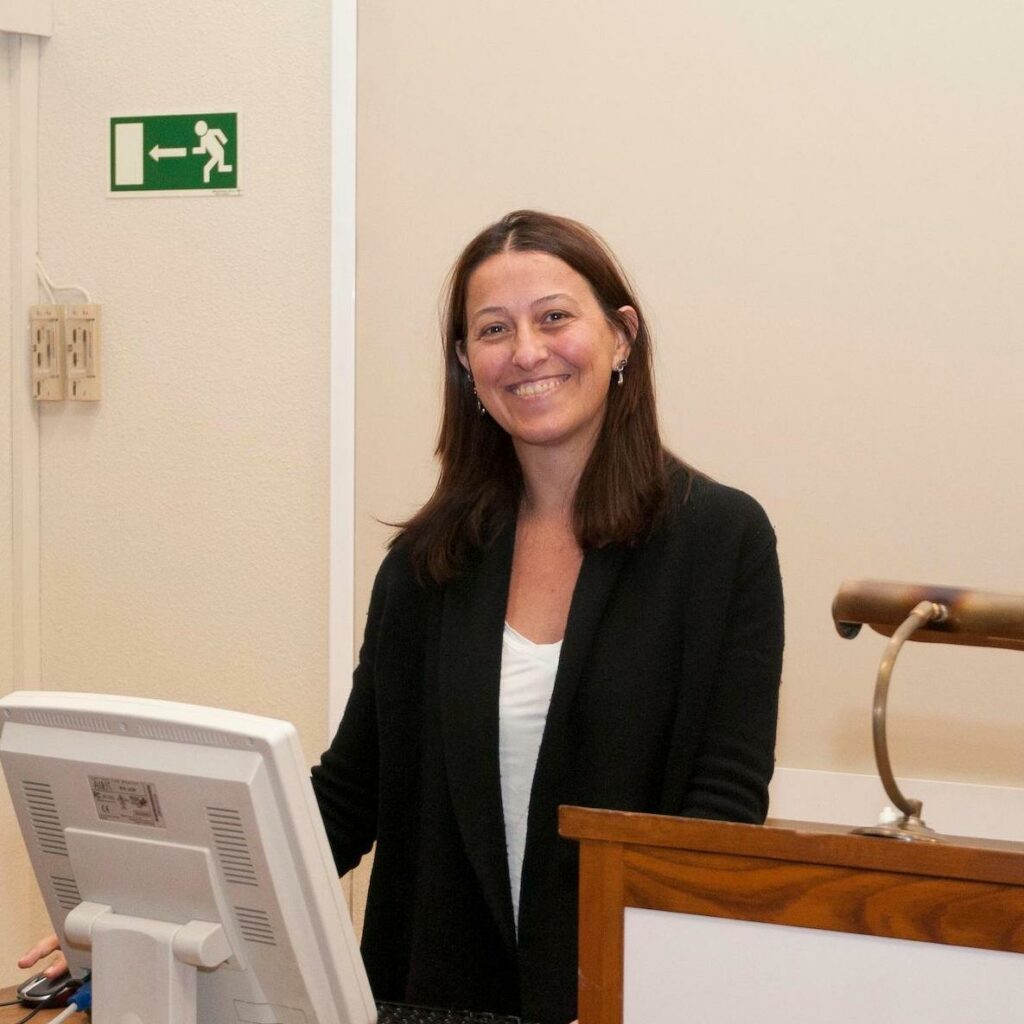
Marta is a tenured scientist at CSIC (MNCN). She studies speciation mechanisms, ecological adaptation, and the repeatability of animal designs and adaptations to similar environmental scenarios (parallel evolution). She mostly uses molecular tools to understanding species delimitation and the genetic basis of relevant traits causing diversification, and her ultimate interest is adaptation and its ecological and genomic drivers. More recently, she has focused on species interactions, arguing that organisms evolve together with their parasites and symbionts, and that current studies should aim to integrate this network.
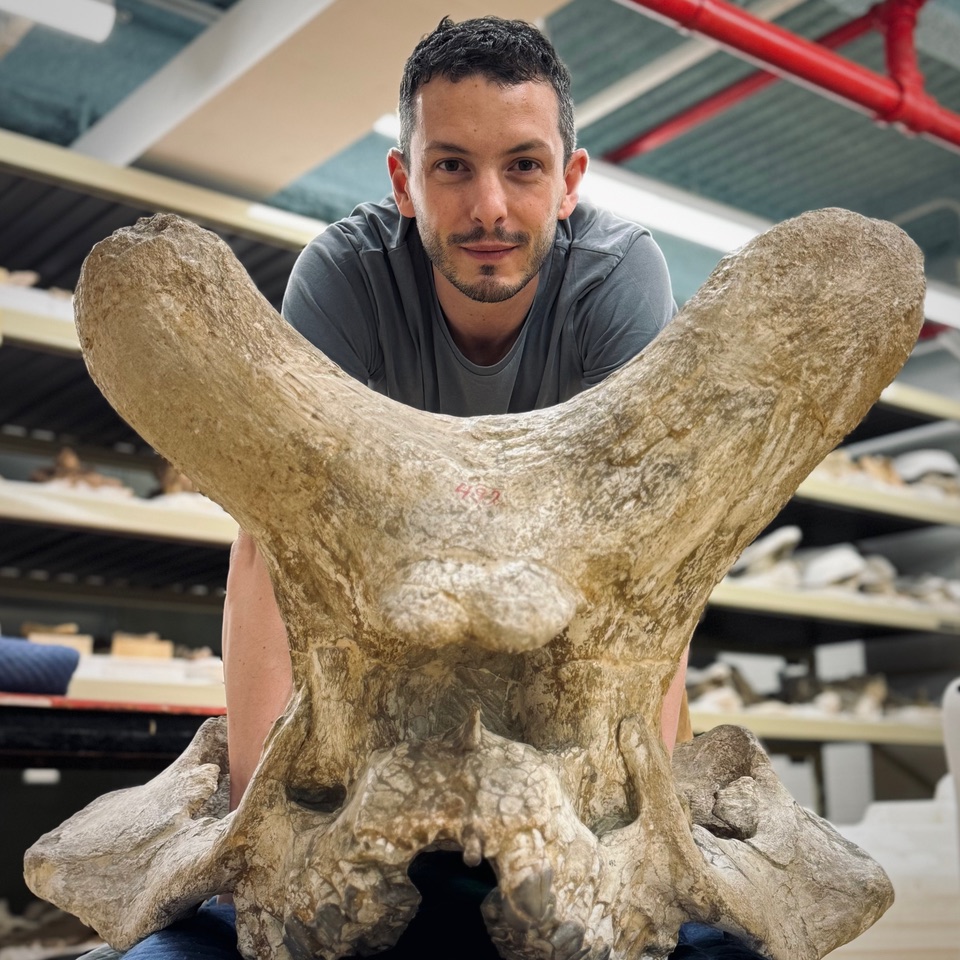
Juan is an evolutionary paleobiologist based at the National Museum of Natural Sciences in Madrid. His research focuses on macroevolutionary patterns in mammals, particularly large terrestrial herbivores. He applies diversification models using fossil record data, alongside phylogenetic analyses and models, to explore the interplay between phenotypic and ecomorphological evolution and its influence on species proliferation and extinction patterns across different groups.

Toni is an ICREA Research Professor leading the comparative genomics group at IRB and BSC in Barcelona (Spain). His research focuses on understanding the genomic bases of organismal adaptations, particularly in eukaryotic microorganisms.
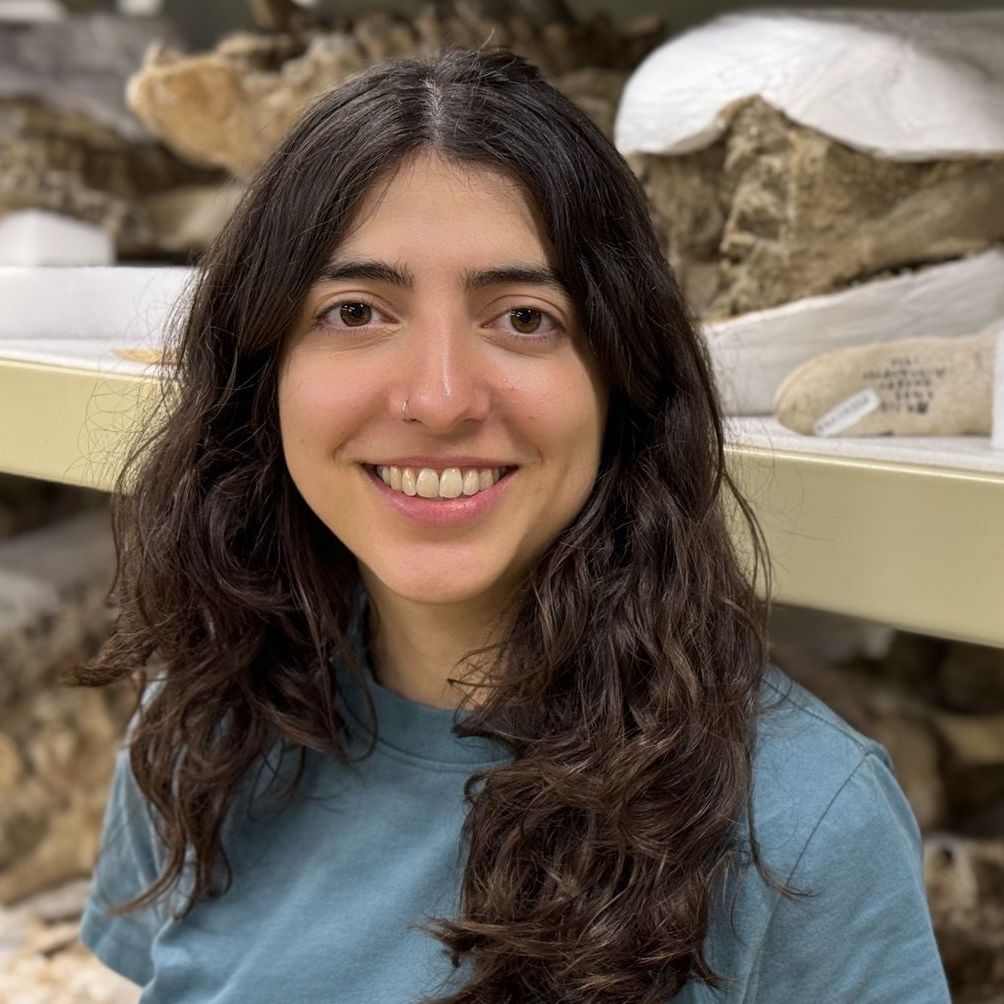
Iris Menéndez is a postdoctoral researcher specializing in macroevolutionary patterns in mammals, particularly rodents. She uses geometric morphometrics and phylogenetic methods to study mammalian diversification and morpho-ecological evolution. Her work integrates data from living and extinct species to understand how past environmental changes shaped mammalian evolutionary history.
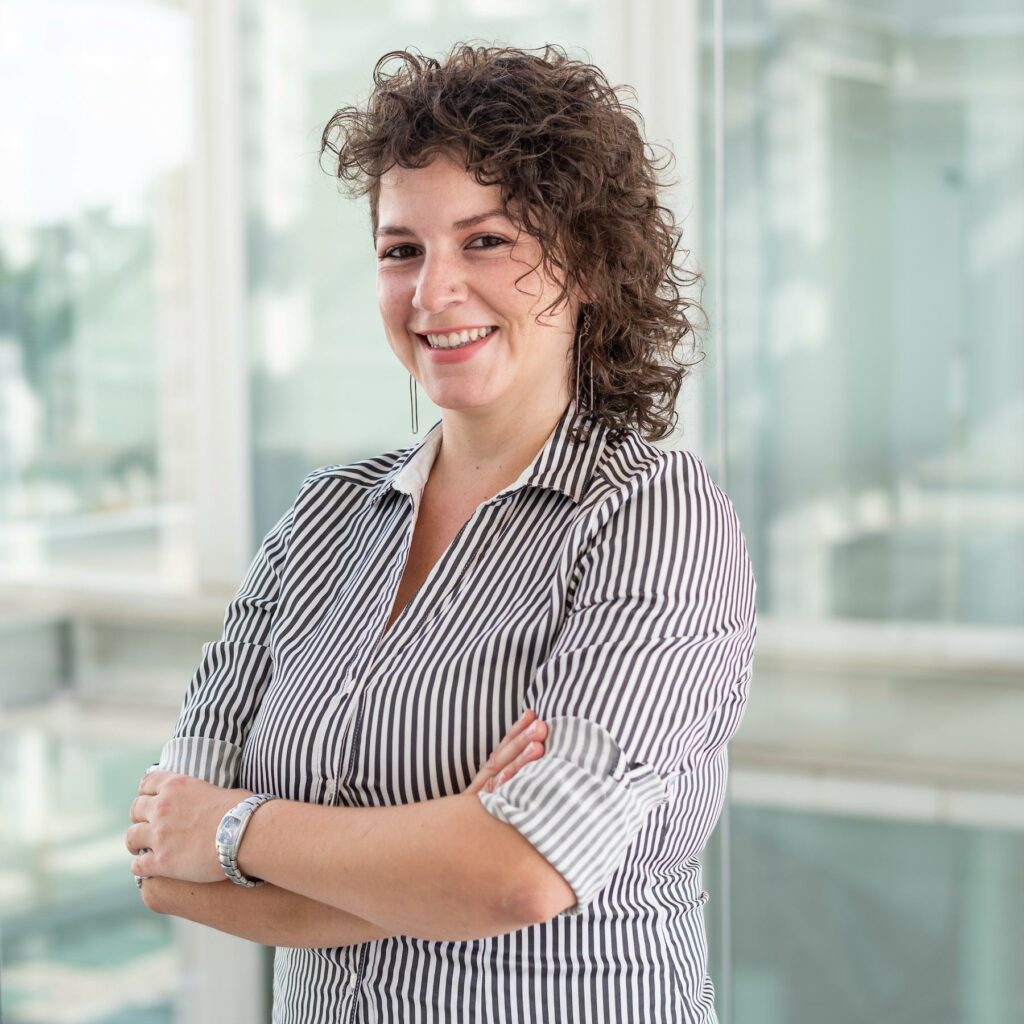
Rosa focuses on animal phylogenomics and genome evolution from a macroevolutionary perspective, with a particular emphasis on uncovering the genomic mechanisms that enabled the transition from marine to terrestrial habitats across animal phyla and investigating the evolutionary origins of cave-dwelling fauna.



